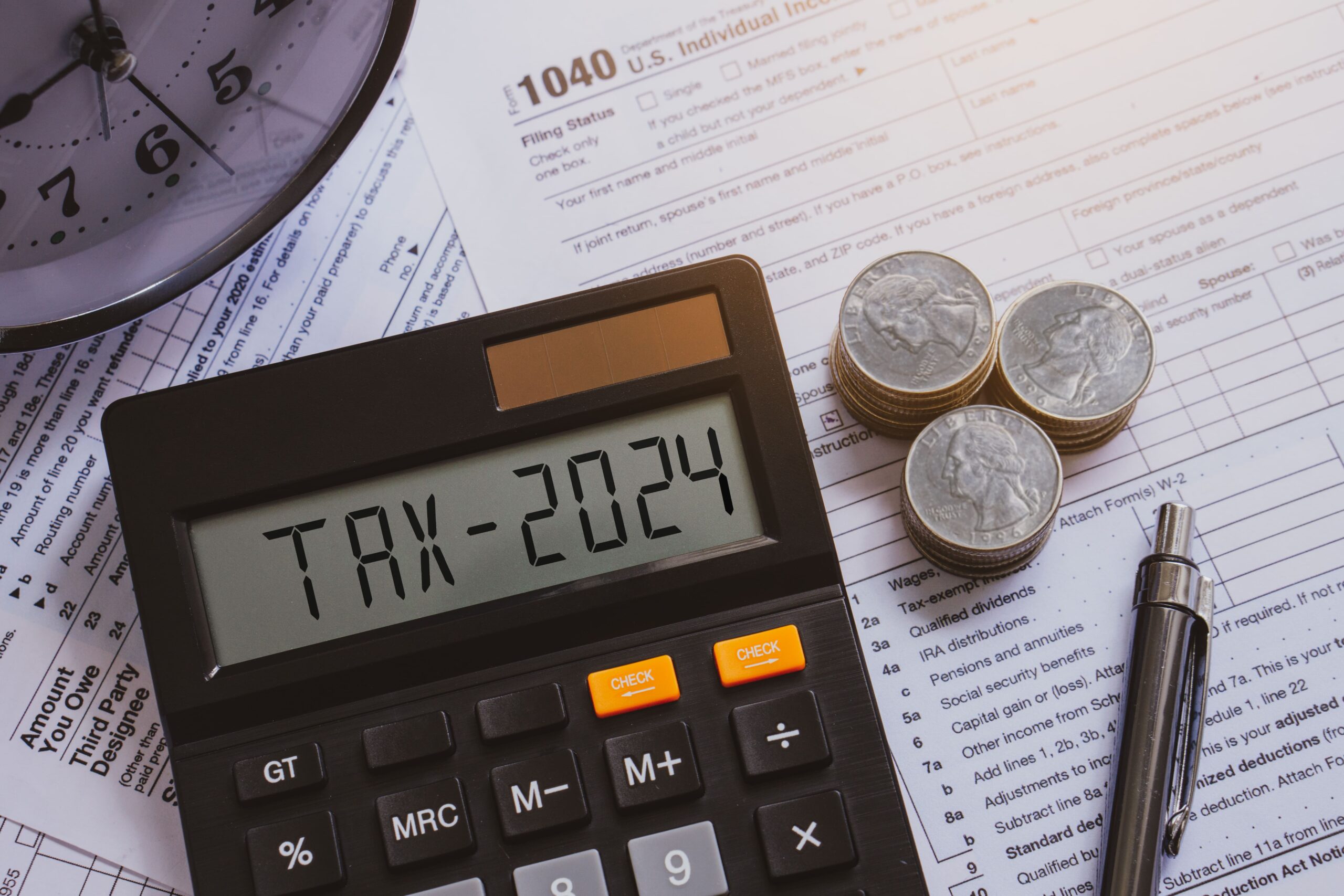Now that tax season is behind us,we can breathe a collective sigh of relief! No more hunting for receipts, no more gathering supporting documents from a dozen different places, no more wondering if you included all possible deductions to avoid paying too many taxes, or stressing out about filling out the Tax Organizer!
Until next year, that is. It’s all well and good to tell yourself you’ll be more organized next year, but what does that actually look like? In our experience, there are a number of things you can put in place now to make next tax season less, well, taxing.
Here are 6 Tips you can implement now, to ensure a stress-free tax season next year:
- Keep a Running File
Open your 2022 paper or digital file now so you can archive any tax-related items throughout the year. If you have a place for everything and everything in its place, it’ll be so much easier to gather receipts, statements and other documentation for yourself or your accountant come next January. And when the 1099s and other IRS papers show up in January, just pop them in the file and you’re done!
- Use Technology to Your Advantage
Personal bookkeeping software like Quicken, Personal Capital, or Mint can be a godsend to help organize and categorize your transactions for tax time. Quicken even has a special paycheck feature that tracks gross amounts, deductions, and net amounts for your paycheck so you can start tracking now. While not tax calculation tools in themselves, online programs that link multiple accounts and sources of income can be a big help with tax planning throughout the year. (Note: we do not endorse any particular software program and list the above as examples only.)
- Review Your Withholdings
Did you know that if you owe too much money on tax day, the IRS can penalize you? It’s true: if you don’t pay a sufficient amount of your taxes owed throughout the year, the IRS can impose a fine. If you’re still working, check with your payroll department to make sure you are having enough federal and state income tax withheld from your paycheck every month to avoid underpaying.
- Don’t Forget Your Required Minimum Distributions
If you’re retired and receive income from an IRA in the form of Required Minimum Distributions, don’t leave it to the last minute to figure out how much tax you owe. Ask your IRA manager to withhold federal and state taxes from the RMD and take the burden of having to remember to pay quarterlies off yourself. Talk to your accountant to determine how much to withhold based on the prior year’s return.
- Keep Separate Accounts Separate
If you have multiple sources of income in addition to your salary, such as rental income from investment properties, or business/contracting income, be sure to use different credit card and bank accounts to track income and expenses for each source. If they’re all jumbled together in the same account, prepare for unnecessary headaches when it comes time to sorting it all out for tax purposes. Being able to quickly match income and expenses to the right account allows you to identify every possible deduction and avoid paying too much tax. Plus, it makes it much easier to work with your accountant and outside advisors!
- Track Home Improvements
The past couple of years have caused many homeowners to undertake improvements to their homes, whether adding a home office, updating a kitchen, or even sprucing up the backyard to entertain the kids or guests. No matter when you complete them, be sure to create and maintain a list of all household improvements you’ve made since you owned your home. This is especially important if you’ve owned your home for many years since this list should include everything you’ve done since the house was under your ownership. When it comes time to sell the house, these improvements will reduce the profit shown on the sale, thereby reducing your potential tax burden.

Jeremy Zizmor is the founder of Assurance Family Partners, a company whose mission is to assist and empower individuals and families who need help managing their personal day-to-day finances. He is responsible for running all facets of the business.





